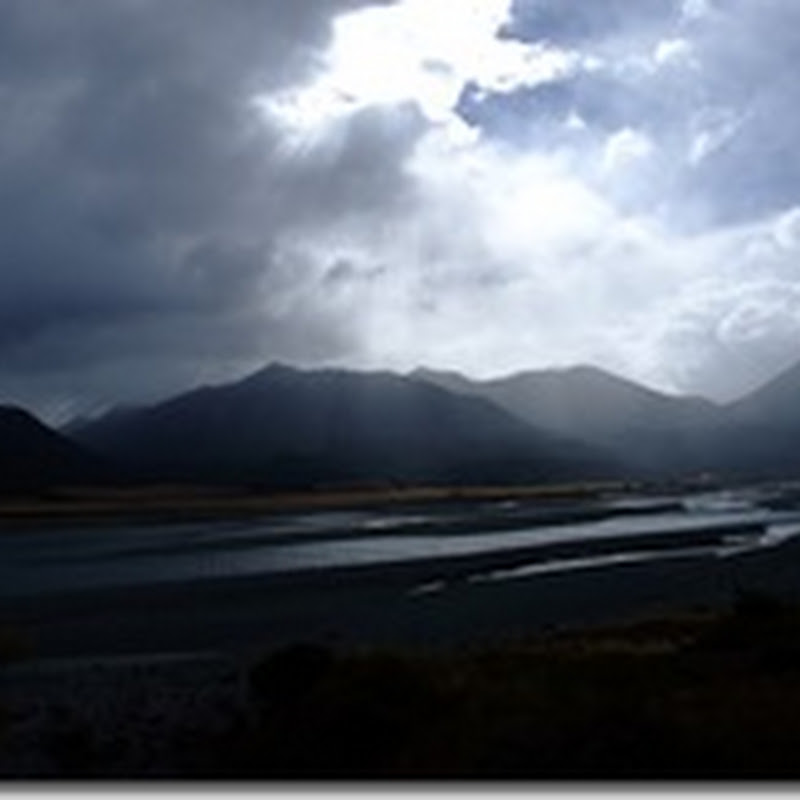Last week, President Obama signed the much-debated economic stimulus package into law. There's little I need to write about the specifics of it, because it's pretty likely you're all totally bored with the details you've been bombarded with over the last several months. Nevertheless, let's quickly summarise that the aim of this $787 billion deal is to get the economy going again: to encourage lending, to start and/or keep jobs, to get people to spend. (Notice 787 billion is more than three quarters of a trillion. Scientifically, it is 0.787x1012 - that's right: ten to the twelfth power)
Anyway, now that we've spent a second in shock, let me declare that (although I'm a big fan of the New Deal and this even Newer Deal) I won't - make that I can't - participate.
There are a couple of reasons for my seemingly blatant lack of interest in the American economy but I plead innocent to all charges: as I hope you'll see, it's not my fault I'm not spending my money.
First of all, there's the West Virginia state's habit of the delayed payroll. I'm not quite sure who it applies to, though it seems to be pretty widespread amongst state-employees (possibly affecting all of them). The principle is as follows: you work two weeks, then you wait two weeks, then you get paid. I'm not quite sure where the idea originated and why on Earth people would put up with it, but hey, it's how it's done, so we roll with it.
It does mean, though, that for no less than 31 days, I had to get by on whatever I took from home - and whatever I could get off my Belgian credit card. The consequence is, of course, that I'm living cheaply. Very cheaply. No economic recovery will result from my migrating, that's for sure.
Next, there's the pension fund. This one is a bit tricky because in itself it doesn't sound bad. 6% of my wage gets placed in a fund which I cannot access until I retire (the good news is the university will double that up, effectively giving me a pension-bonus of 6%). However, I won't retire in the States - or at least, I don't think I will. So instead of staying there for the coming few decades, I'll get the accumulated funds when I leave America next year - together with the last month of (delayed) pay. In other words, the day I finish my job - the day I leave the US and go back to Europe, I'll get just about 20% of the yearly salary I signed up for - don't spend that here, go spend it in Europe.
Thirdly and finally, after living cheaply for a month, there's really no point to getting a car: I've found my way on foot, I can continue like that. Besides, if I'm only here for a relatively short while, there's really no point in getting a car once you've settled down and furnished a room and the like. Not getting a car doesn't stimulate the economy, of course: I don't pay money for a car or fuel or registration or maintentance. But there's another catch to this: without a car, I cannot reach the big shops. I've tried walking to the mall, because it's really not that far: when I walk home in the evening, I can see the lit parkings on the next hilltop. The problem, though, is that there simply isn't a sidewalk to get there - not even half a metre of dirt to separate me from the crazed stream of traffic. There is a bus, but that takes a huge detour and gets me there in an hour - no less; and there's only one bus per hour, so you end up stuck there on the freezing parking lot in the cold, wanting to go home.
The consequence is that the only good bookshop I can easily access is Amazon.com. I wouldn't have a clue where to buy CDs or shoes - or a good rain jacket by the way; luckily I did find a great umbrella. Long story short: I'm not complaining - hell no, I'll be rich by the time I leave here - but I don't get it either. I would think an obvious thing to stimulate the economy would be to make sure people can get to the shops - and to make sure they have the money they've worked for, so they can spend it. I would think it would be a lot easier to get the money where it is (or should be) than to dig astronomical holes in the federal budget. (By the way - the distance to PSR J0437-4715 is just about 5x1015 km - which is only a factor of fifty larger than the rounded-up stimulus cost in cents. So these truly are astronomical numbers.)
On the bright side, I have managed to find a copy of the New York Times. It wasn't displayed at the entrance next to all the other papers, but was standing on its own on the other side of the aisle - at the end of it, turned around the corner so no one but very attentive shoppers who happen to leave through that particular exit would notice it. Sadly for the American economy, though, I had already subscribed to the British Guardian Weekly by then.
Stony Point to Kuranda Part 4: Brisbane to Cairns
-
Finally I got on to the train that would take me most of the way. For
anyone also planning a ride on the Spirit of Queensland train, I'll note
that it de...
6 years ago





